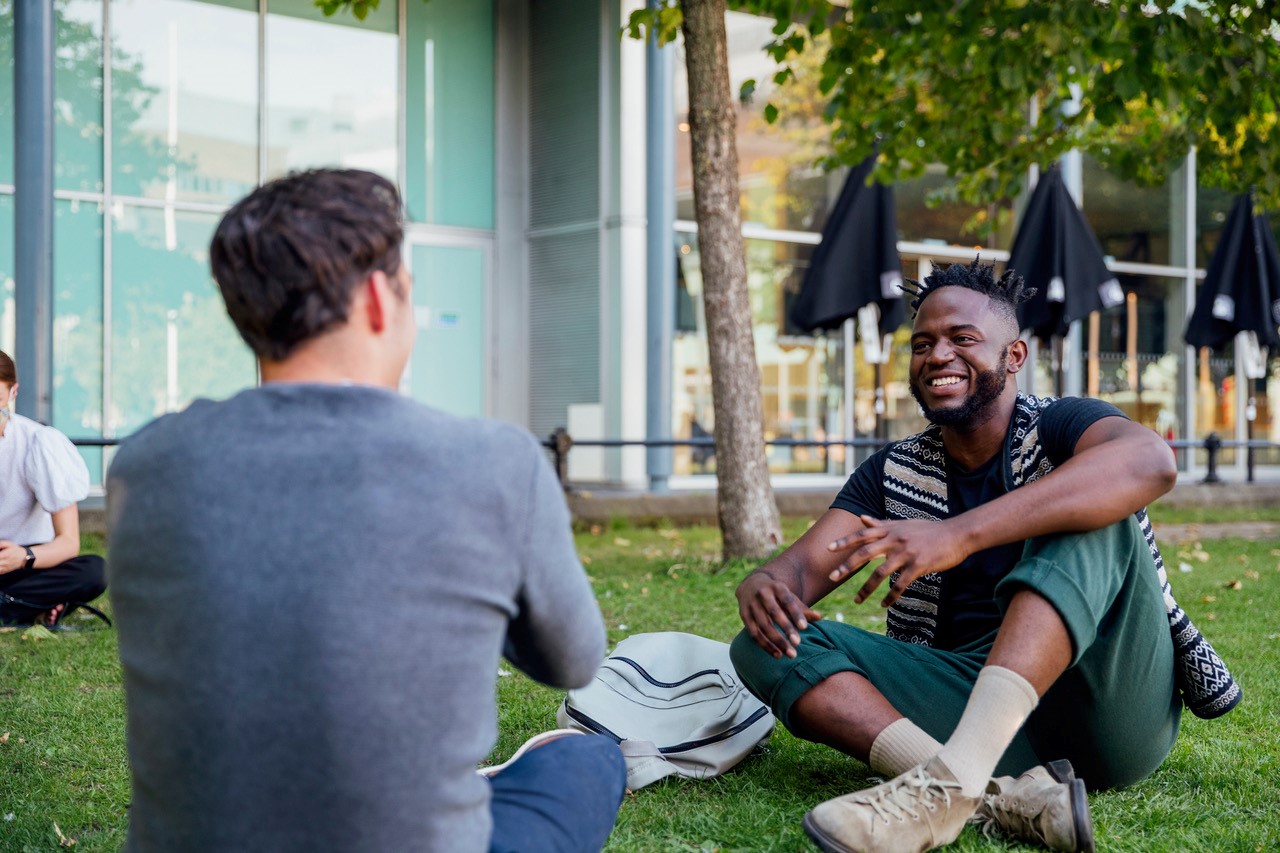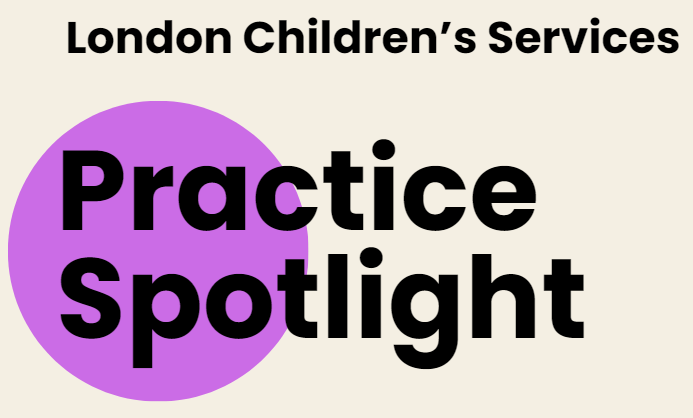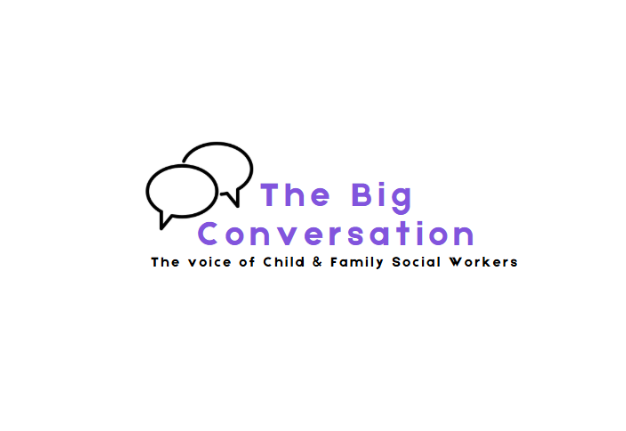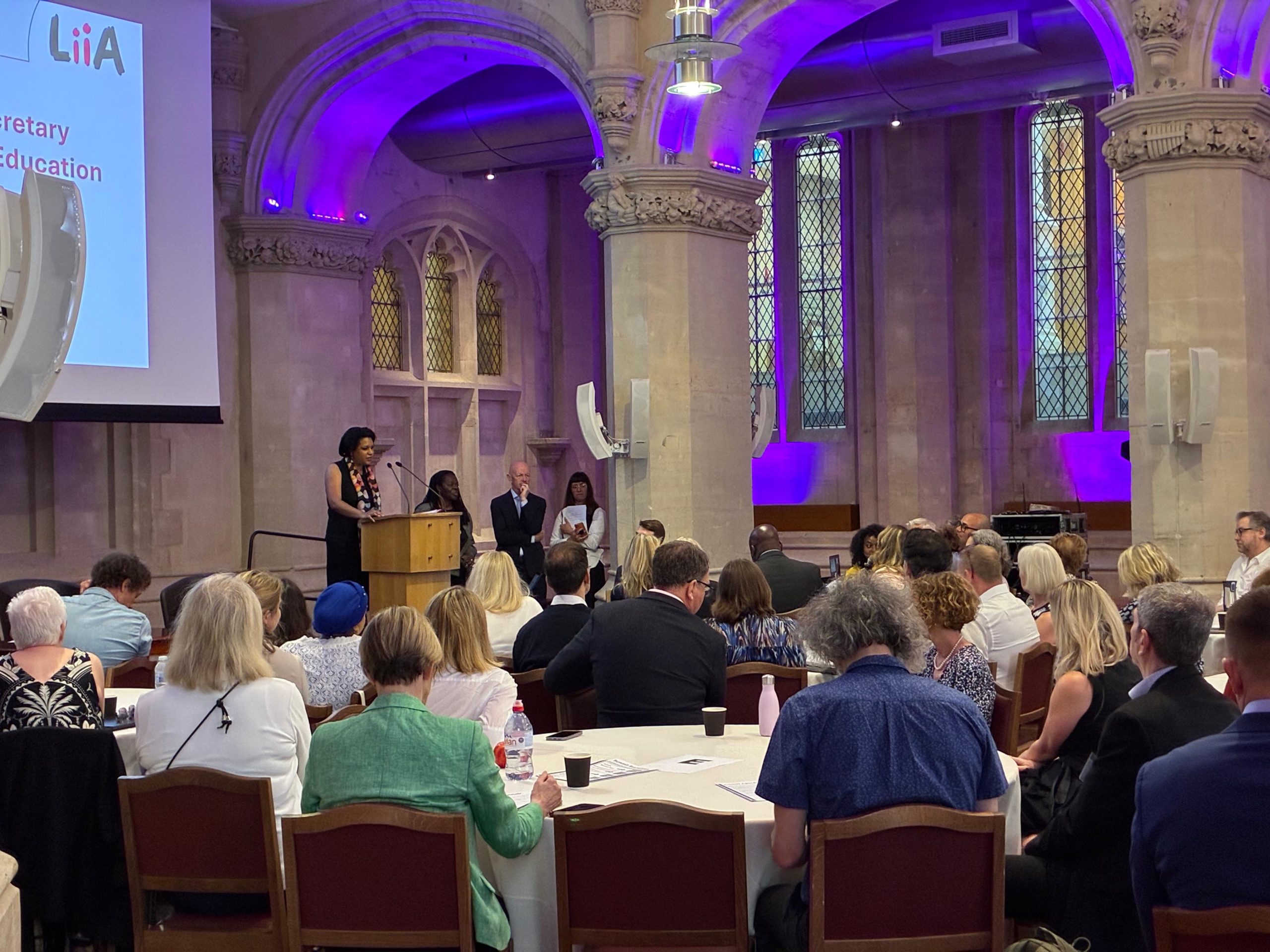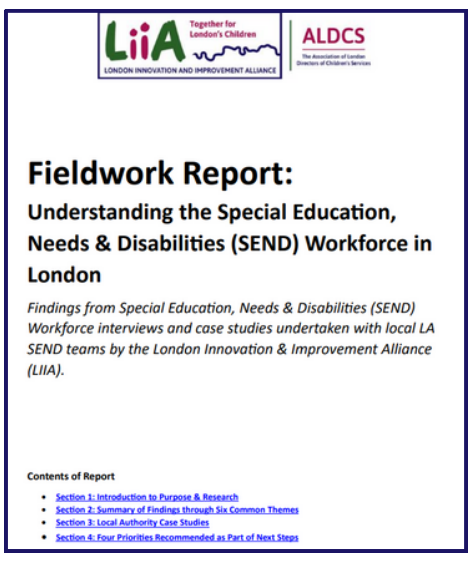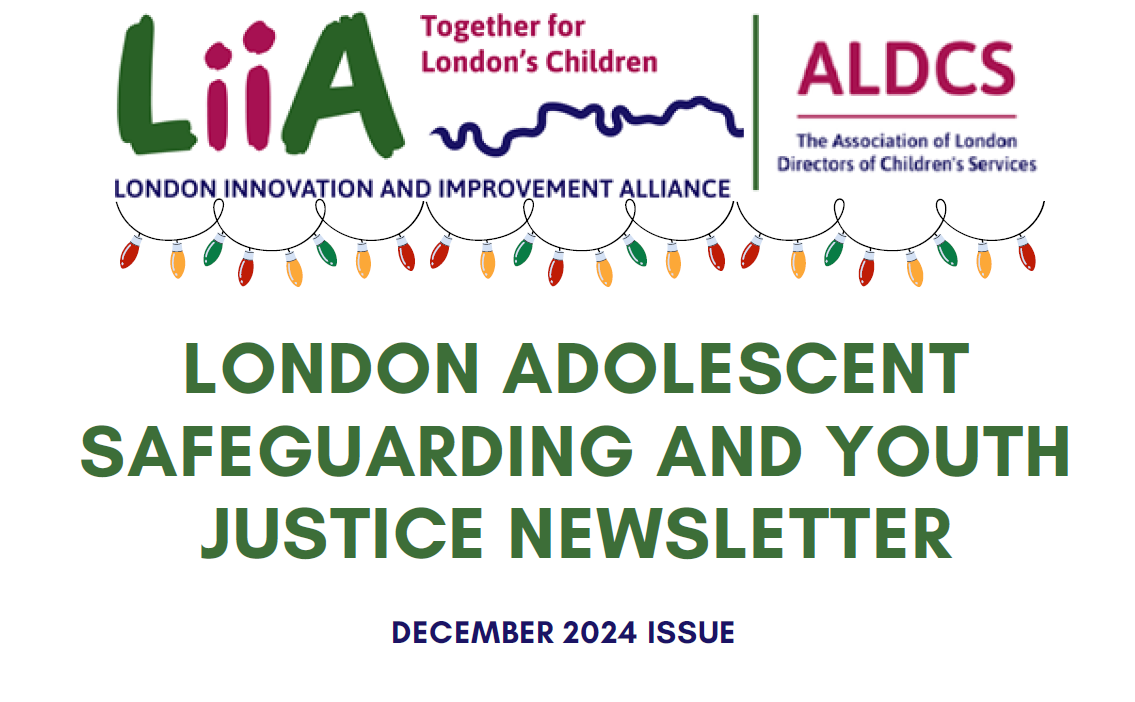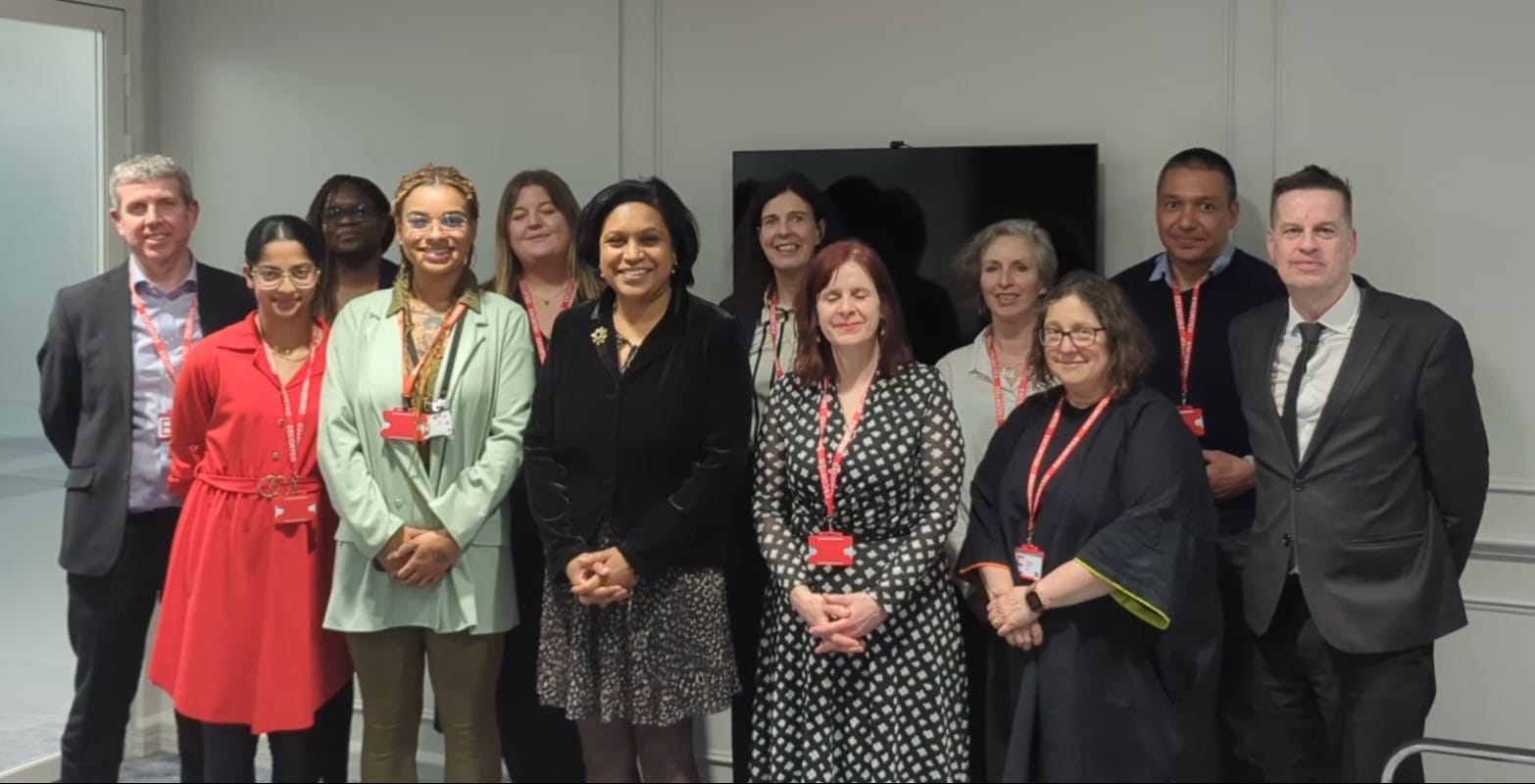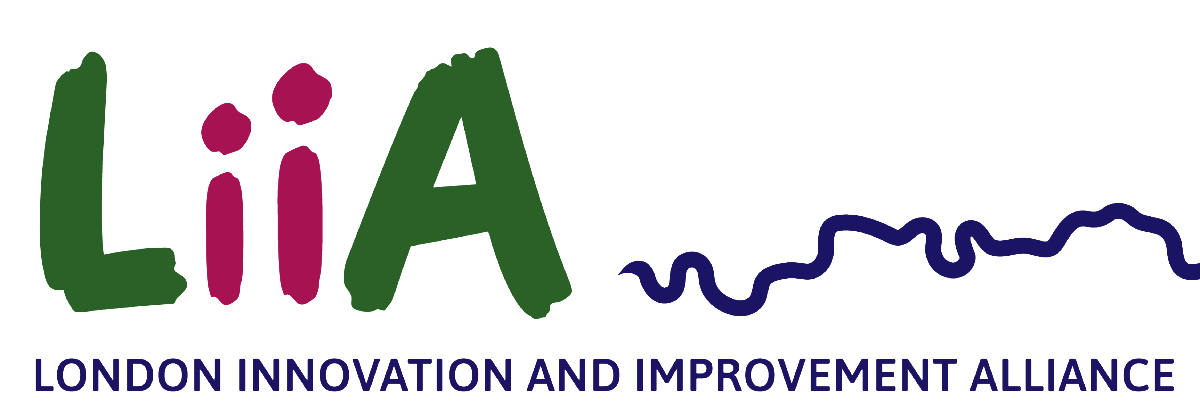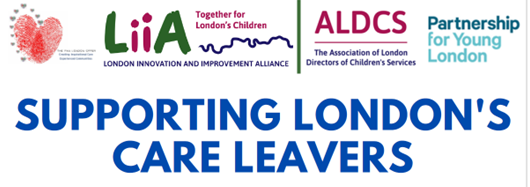[INSERT RELEVANT TEXT]
Being strengths-based and relationship-based means seeing a child or young person holistically and identifying their strengths and assets and the positive factors in their lives, rather than just seeing them as at risk, being harmed or causing harm to others. It also means understanding and using the positive power of relationships as a way to support growth and change.
Working in this way, particularly in the context of child exploitation and extra-familial harm, requires professionals to exercise power with care, recognising that children, young people, parents, carers and wider family networks may feel worried, upset or angry with professionals.
Strengths-based and relationship-based approaches can help ensure safeguarding activity moves beyond a focus on risk and behaviours to include building genuine connections and relationships with children and young people – and those who care about them. This can allow a better understanding of their lives, thereby enhancing their protection, safety and resilience.

